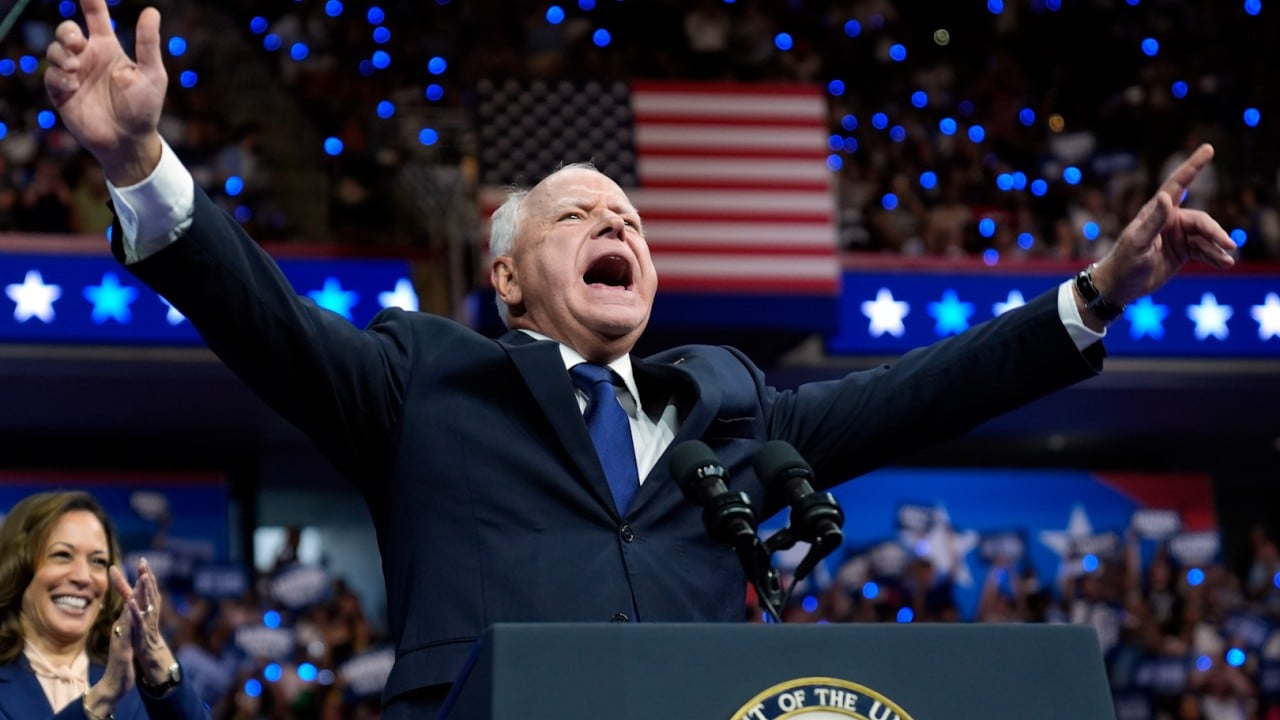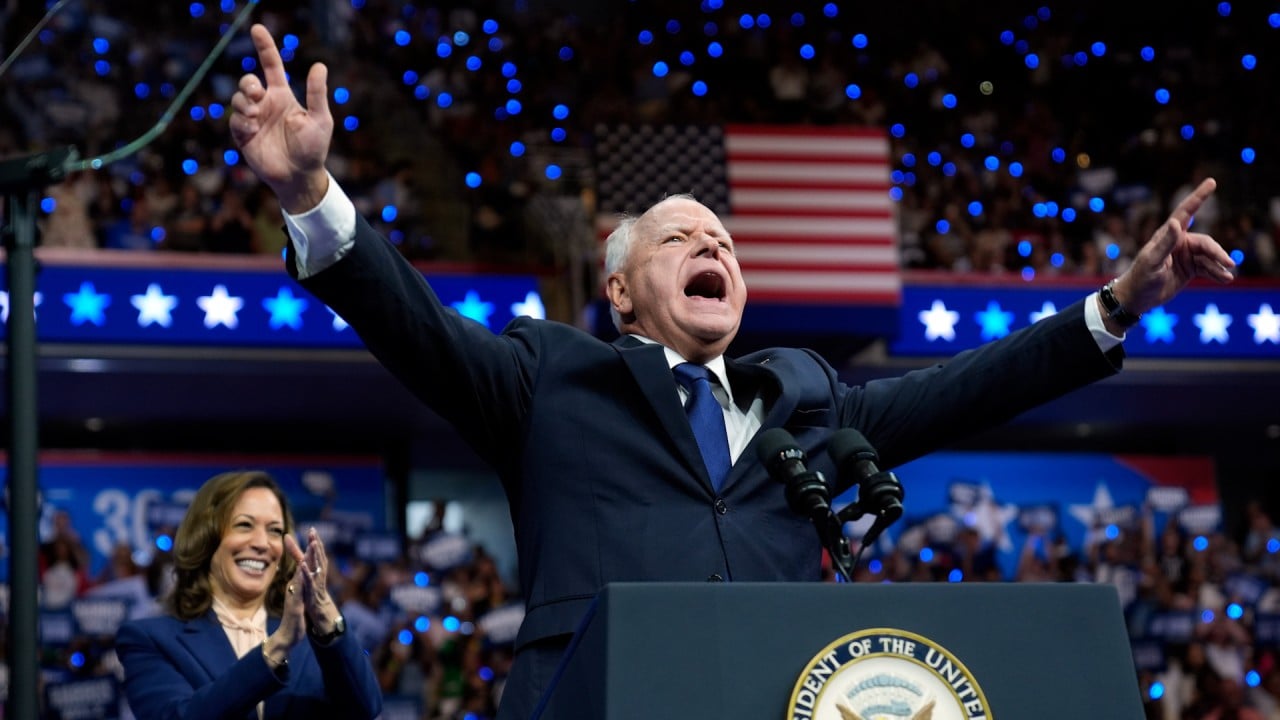As the US presidential election approaches, the world is watching with keen interest, knowing that the outcome will significantly shape US-China relations for years to come. This pivotal bilateral relationship, one of the most consequential of the 21st century, stands at a critical juncture. After decades of engagement and interdependence, recent years have witnessed a dramatic shift towards competition and heightened tensions.
Both Republican and Democratic administrations have come to view China’s growth as a threat to vital US interests. Conversely, China perceives US actions as attempts to stifle its development and deny it a place on the world stage.
Against this backdrop, November’s presidential election emerges as a potential inflection point. The policies and approaches of the next administration will play an important role in determining whether the world’s two largest economies can find a way to peacefully coexist or whether they will descend further into conflict.
The contrasting visions of the two leading candidates – former US president and Republican nominee Donald Trump and Vice-President Kamala Harris, the Democratic nominee – present somewhat divergent paths forward. Each has profound implications not only for the two countries involved but for the entire global order.
Trump has signalled an intention to double down on his confrontational approach to China. His proposed policies include imposing sweeping tariffs of up to 60 per cent on Chinese imports, a move that economists warn could have severe consequences for both US consumers and the global economy.
Trump’s transactional view of international relations, evident in his comments suggesting that Taiwan should pay for US protection, indicates a potential shift in the delicate balance of cross-strait relations. This approach risks further destabilising an already-precarious relationship and could lead to escalations.
On the other hand, an administration with Harris and Minnesota Governor Tim Walz would present the possibility of a more nuanced approach to US-China relations. While Harris is likely to continue many aspects of the Biden administration’s China policy, her choice of Walz as a running mate introduces an intriguing variable.
With his experience in China and demonstrated interest in the country during his time in Congress, Walz could potentially advocate for a more engaged and pragmatic approach. This is not to suggest a return to the previous era of engagement, but rather it is a recognition that dialogue and cooperation on areas of mutual interest are essential, even in the context of strategic competition.
The implications of these somewhat different approaches extend far beyond bilateral relations. The US-China dynamic has become the primary axis around which much of global politics and economics revolve. A further deterioration in relations could accelerate the trend towards deglobalisation, fragment the world economy into competing blocs and increase the risk of military confrontation.
Moreover, it could complicate global efforts to address transnational challenges such as climate change, pandemics and nuclear proliferation. These all require a degree of cooperation between the world’s two largest economies.
Conversely, a more balanced approach could create space for selective cooperation. This, in turn, could lead to a more stable international environment, allowing for progress on shared challenges without ignoring fundamental differences.
Beijing appears convinced that, regardless of who wins, the next US administration will maintain an antagonistic stance towards China. This perception is rooted in the bipartisan consensus that has emerged in Washington regarding confronting China’s rise. However, Beijing may well see important nuances between the two potential outcomes.
On the economic front, there is a renewed emphasis on China to strengthen domestic consumption and diversify international trade relationships to reduce dependence on the US market. This aligns with its dual circulation strategy, which aims to make the country more resilient to external shocks. In the realm of technology, China is doubling down on efforts to achieve self-sufficiency in critical sectors, particularly semiconductors.
Diplomatically, China might seek to further develop relations with other countries, particularly in the developing world. By offering increased market access or investment, Beijing hopes to complicate Washington’s efforts to build a unified front against China. At the same time, China is likely to remain open to dialogue and negotiation, recognising the importance of managing tensions with the US to avoid outright conflict.
Looking ahead, regardless of the election outcome, certain trends in US-China relations are likely to persist. The fundamental shift from engagement to containment is unlikely to be reversed in the short term. Technology will remain a key battleground, with dominance in areas such as artificial intelligence, quantum computing and advanced semiconductors seen as crucial for superiority.
The intensity and nature of this bilateral relationship, as well as the potential for cooperation in areas of mutual interest, will be significantly influenced by the policy choices of the next US administration.
A Trump presidency is likely to take a more confrontational and transactional approach, potentially accelerating economic decoupling and increasing the risk of conflict. A Harris-Walz administration might seek more nuanced engagement, potentially opening avenues for dialogue and selective cooperation on global challenges.
The presidential election represents a critical moment for US-China relations and, by extension, the global order. The hope remains that whatever path is chosen, it will lead to a stable and constructive relationship between these two powers, recognising that their ability to coexist and selectively cooperate is essential for addressing the myriad challenges facing humanity in the 21st century.
Xu Ying, a former Chinese diplomat in the US and Switzerland, is currently a standing director and director of the International Committee of the China Public Relations Association




